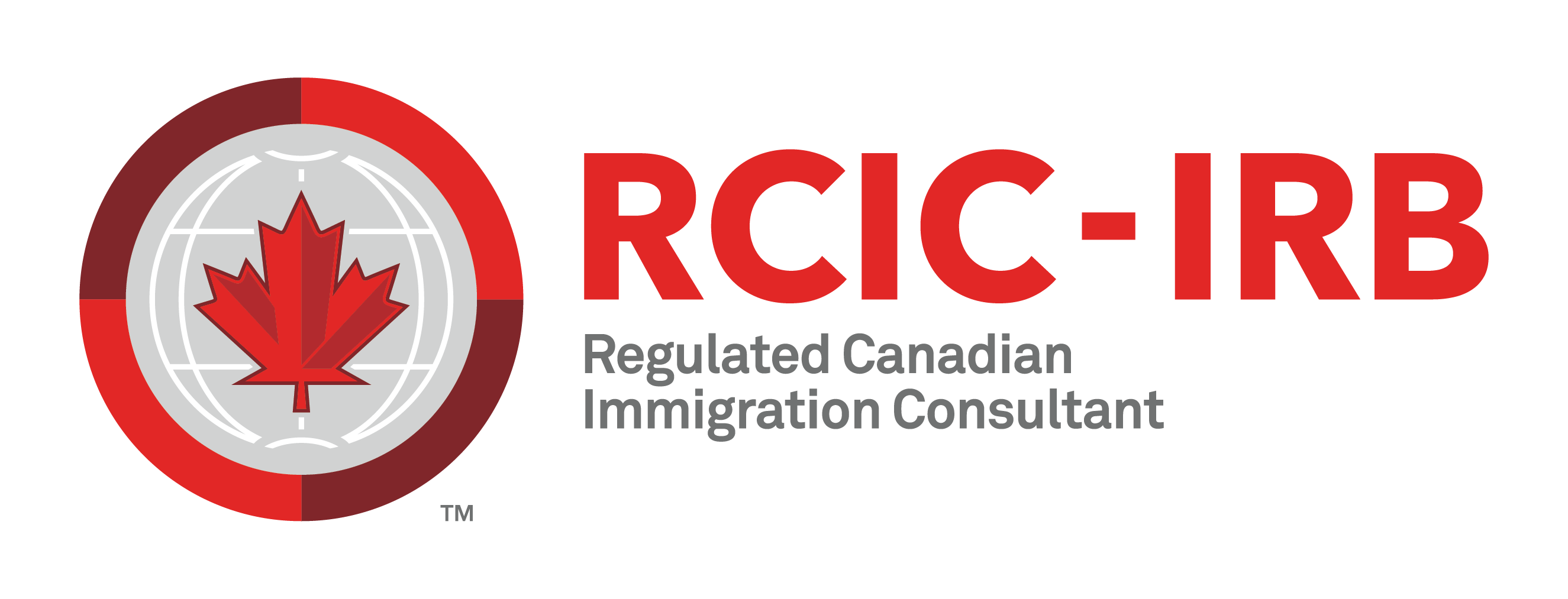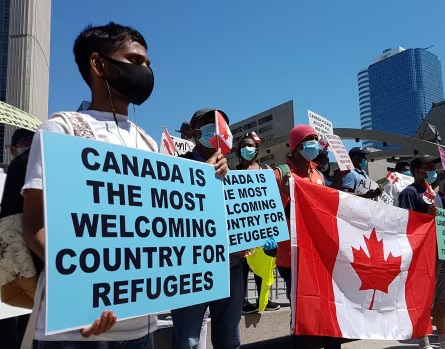Who is Considered a Refugee?
A refugee is an individual who has been compelled to leave his or her country of origin, or country of nationality, on account of fear of persecution which must be reasonable based on the grounds of race, religion, nationality, belonging to a particular social group, or political opinion. This definition has been provided by the United Nations 1951 Convention and its subsequent 1967 Protocol thus having international legal basis for protection of refugees.
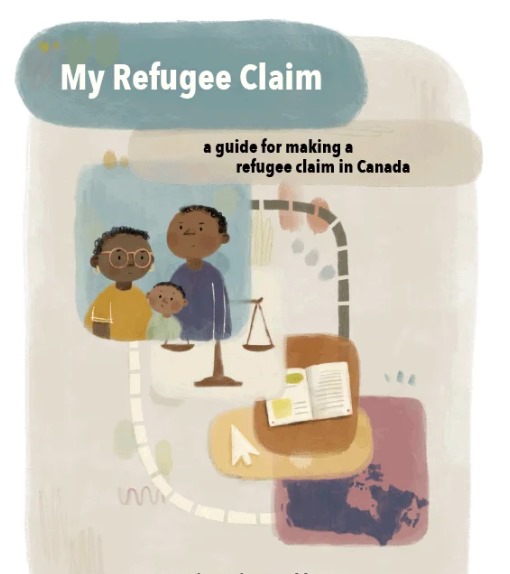
What is a refugee claim?
A refugee claim is a formal application for asylum in Canada by a person who wants refugee status because he or she is in danger of persecution in the home country or any other country of nationality or habitual residence. This fear must be based on characteristics including race, religion, nationality, membership in a particular social group, or political views. This procedure aims at establishing the fact of the candidate’s possibility to be considered a refugee in accordance with the existing legislation of Canada and international treaties that have been signed by this country.
The Immigration and Refugee Board of Canada (IRB) grants refugee protection to individuals who meet the criteria set out under one of the following categories:
Convention Refugee
The term “Convention Refugee” is defined under Canadian law by the Immigration and Refugee Protection Act, Section 96, which provides a clear framework for understanding who qualifies for refugee protection in Canada. A Convention refugee is characterized by the following criteria:
Reasons for Persecution: The person has a well-founded fear of being persecuted for one or more of the following reasons: Race, Religion, Nationality, Belonging to a certain social identity, or Political or ideologies leaning.
Criteria for Being Outside the Country of Nationality: The person must be outside any country of their nationality. The person is unable or due to their fear of persecution, unwilling to avail themselves of the protection of each of those countries.
Statelessness and Former Habitual Residence: For individuals who do not have a country of nationality, the person must be outside the country of their former habitual residence. The person is unable or due to their fear of persecution, unwilling to return to that country.
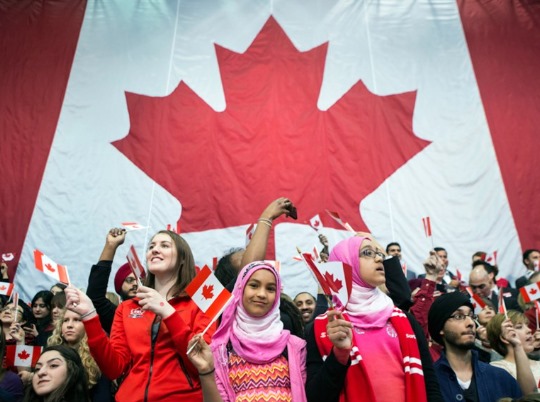
Person In Need of Protection
A “Person in Need of Protection” is an individual who is physically present in Canada at the time of applying for a protection claim and who is likely to be at risk of danger if they are to return to their country of origin or the country where they were previously residing. This status is designed under the Canadian immigration act that recognizes it according to Section 97(1) of the Immigration and Refugee Protection Act (IRPA). As for the individuals within this category, they are afforded asylum because, if they are to be repatriated, there are prominent threats likely to be incurred upon their lives. Here are the conditions under which someone would be deemed a Person in Need of Protection: Here are the conditions under which someone would be deemed a Person in Need of Protection:
Risk of Torture: The torture risk as described under the Article 1 of the Convention Against Torture would be a danger faced by the individual. This risk must be based on substantial grounds, which is a legal term for having solid and credible evidence that such a danger exists.
Risk to Life or Risk of Cruel and Unusual Treatment or Punishment: For this risk to apply, several conditions must be met:
Inability to Avail Protection: The individual must be unable or, due to the risk, unwilling to seek protection from their country.
Ubiquity of Risk: The risk must be present at an extensive level commonly in the whole of the country and not regionally. More importantly, this risk should not be a risk that is experienced by others in that country or other countries but a risk that only this person experiences.
Exclusion of Lawful Sanctions: The risk should not be a result of lawful sanctions unless these sanctions are imposed in disregard of accepted international standards.
Exclusion of Medical Inadequacy: The risk must not stem solely from the country’s inability to provide adequate health or medical care.
Canada offers several key programs for refugees, designed to support their resettlement and protection. The main programs include:
Government-Assisted Refugees (GAR) Program: This is a program for refugees who are nominated to be resettled in Canada due to their helplessness and inability to have any sustainable solutions. Such refugees are assisted and placed through the cooperation with the United Nations High Commission for Refugees (UNHCR) and other referring organizations. These refugees are given monetary that is given to them by the Canadian government for one year after their arrival or until the refugees become able to fend for themselves.
Privately Sponsored Refugees (PSR) Program: Under this program, there are Canada private sponsorship refugee program where private groups or individual in this country can seek to bring refugees in the country. Sponsors agree to contribute money and encouragement to the refugees during this one-year sponsorship period. It includes; use of social housing, provision of clothing, feeding, as well as job searching, and directing them to available services.
Blended Visa Office-Referred (BVOR) Program: The BVOR program blends elements of both the Government-Assisted and Privately Sponsored Refugee Programs. It matches refugees identified for resettlement by the UNHCR with private sponsors in Canada. The government provides up to six months of financial support, while the private sponsors provide another six months of financial support and up to a year of social and emotional support.
Joint Assistance Sponsorship (JAS) Program: This program is for refugees who require the services over and above the minimal services offered under other programs because of reasons like; trauma, violence, torture, medical condition among others due to discrimination. Sponsors commit to providing longer-term support, typically for up to 24 months, and in some cases, up to 36 months.
Protected Temporary Residents Class: This is a lesser-known pathway which includes individuals in urgent protection need who might not qualify as refugees but are nonetheless in vulnerable situations. This class allows for more flexible responses in extraordinary humanitarian and compassionate situations.
There are several circumstances under which an individual may not be eligible for asylum (or refugee protection) in Canada. It’s important to be aware of these conditions as they are critical in determining eligibility:
Safe Third Country Agreement: If you have arrived in Canada at a land border crossing from the United States, you may not be eligible for asylum under the Safe Third Country Agreement. This agreement between the U.S. and Canada generally requires refugee claimants to request protection in the first safe country they arrive in, unless they qualify for an exception.
Previous Refugee Claim: If you have already made a refugee claim in Canada that was not successful, you cannot make another claim unless there have been significant changes in your circumstances or new facts have come to light since the last decision.
Other Country’s Protection: If you are recognized as a refugee in another country and can return there, you may not be eligible to make a refugee claim in Canada.
Serious Criminality: If you have participated in some criminal activities or crimes against humanity before, whether in Canada or other countries you will not be allowed into Canada or granted asylum. This means those offenses that, if committed singly, would have triggered a maximum imprisonment term of 10 years or more in Canada.
Security Concerns: Individuals who pose a security risk, such as those involved in espionage, subversion (against any government), or terrorism, are also deemed inadmissible and cannot claim asylum.
Human or International Rights Violations: Individuals who have participated in or are believed to have participated in war crimes, crimes against humanity, or other serious violations of human or international rights are not eligible for refugee protection.

Misrepresentation: If you have provided false information or withheld information related to your refugee claim, your eligibility for asylum may be negatively affected.

How we can help you with your Refugee claims?
As a Regulated Canadian Immigration Consultant RCIC my team and I will assist you on your refugee claims. To begin with, we assess your prospects of pursuing a claim to the Canadian laws besides helping you initiate all documents and proof to support the case strongly. We ensure that you are well-prepared for your hearing before the Immigration and Refugee Board (IRB), we provide mock interview and explain the entire process to you. If necessary, one of the highly qualified members of our team will attend the IRB hearing and fight for your rights. After that, we will assist you on what subsequent steps action depending on the outcome whether your claim was approved or rejected, and how to access community and support services to assist you to live in Canada. It is our goal to help guide you through this rather intricate process and make it as simple and easy to understand as can be.
Canadian Experience Class Program
Skilled workers who have Canadian work experience
Federal Skilled Worker Program
Skilled workers with foreign work experience
Federal Skilled Trades Program
Skilled workers who are qualified in a skilled trade
Refugee Sponsorship
There is also an option to sponsor a refugee to help them resettle to Canada. They have to sign sponsorship agreement with the Government of Canada. These groups are known as Sponsorship Agreement Holders. Other sponsors, known as Groups of Five and Community Sponsors, are people or groups in the community who have come together to sponsor refugee(s). They do not generally sponsor refugees on an ongoing basis.
You may not be eligible for asylum if:
You have a previous denied refugee claim
You have been convicted of serious criminal offences

